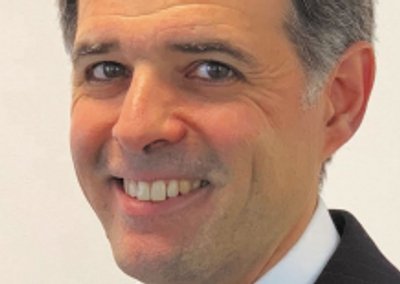Attracting investors

Private equity funds have a growing appetite for deals in Spain and Portugal, Jorge Viera Landaluce, managing partner of Rainforest Dunas Capital, explains what assets funds are targeting and the latest trends regarding how deals are structured
 Private equity funds are increasingly targeting Iberian assets. Of particular interest to such investors are Spanish and Portuguese mid-market companies, which are often family-owned, and have enormous growth potential given that there are significant opportunities to improve such businesses’ efficiency, corporate governance, financial management and international presence. In an effort to capitalise on such opportunities, asset management company Dunas Capital – which has almost €1 billion of assets under management – established Rainforest Dunas Capital, a private equity fund of funds [that is, a pooled investment fund that invests in other types of funds] that is focussed on the Iberian market. Dunas Capital views the Spanish and Portuguese private equity industries as having experienced a post-crisis resurgence and consequently both countries are now extremely attractive destinations for both local and foreign investors.
Private equity funds are increasingly targeting Iberian assets. Of particular interest to such investors are Spanish and Portuguese mid-market companies, which are often family-owned, and have enormous growth potential given that there are significant opportunities to improve such businesses’ efficiency, corporate governance, financial management and international presence. In an effort to capitalise on such opportunities, asset management company Dunas Capital – which has almost €1 billion of assets under management – established Rainforest Dunas Capital, a private equity fund of funds [that is, a pooled investment fund that invests in other types of funds] that is focussed on the Iberian market. Dunas Capital views the Spanish and Portuguese private equity industries as having experienced a post-crisis resurgence and consequently both countries are now extremely attractive destinations for both local and foreign investors.
While takeovers are a common type of deal in Iberia, Jorge Viera Landaluce, managing partner of Rainforest Dunas Capital, says there are other types of transaction that are beginning to occur more frequently. “In the midmarket segment, it is usual to see takeover transactions,” he says. “However, there is increasing diversity in transactions, including minority holdings, financing with hybrid instruments – such as quasi-equity – or even structured debt.” Viera Landaluce adds that mid-market companies in Spain and Portugal are being targeted by many funds. “For scale reasons, all Iberian funds invest in medium-sized enterprises,” he explains. “Within this group, companies with high growth potential (both organic and inorganic) combined with opportunities for improvements in operational efficiency, corporate governance and financial management are very attractive.” Viera Landaluce adds: “Lower mid- market-oriented funds are best placed to detect very good companies with relatively little competition when it comes to acquiring them.”
MORE MATURE MARKET
With regard to the biggest obstacles faced when investing in Iberia, Viera Landaluce says that the challenges involved depend on the type of investor. “A large institutional investor may find it difficult to find funds on a scale that is big enough to be efficient in an investment commensurate with their size, without overexposure,” he explains. “For private investors, there is still little awareness about the benefits of the asset class in general and, in particular, about who the market players are in terms of making a proper selection – for this type of investor, a fund can be a suitable alternative.”
Viera Landaluce is in no doubt that more investors will begin targeting the Iberian market. He adds that his is “not only because of the good returns that have been given in the various active funds in the market, but also because it has become a more mature market, with greater depth, and it is still somewhat lagging behind other European countries”.
To read the article in full please download issue N.87 here












